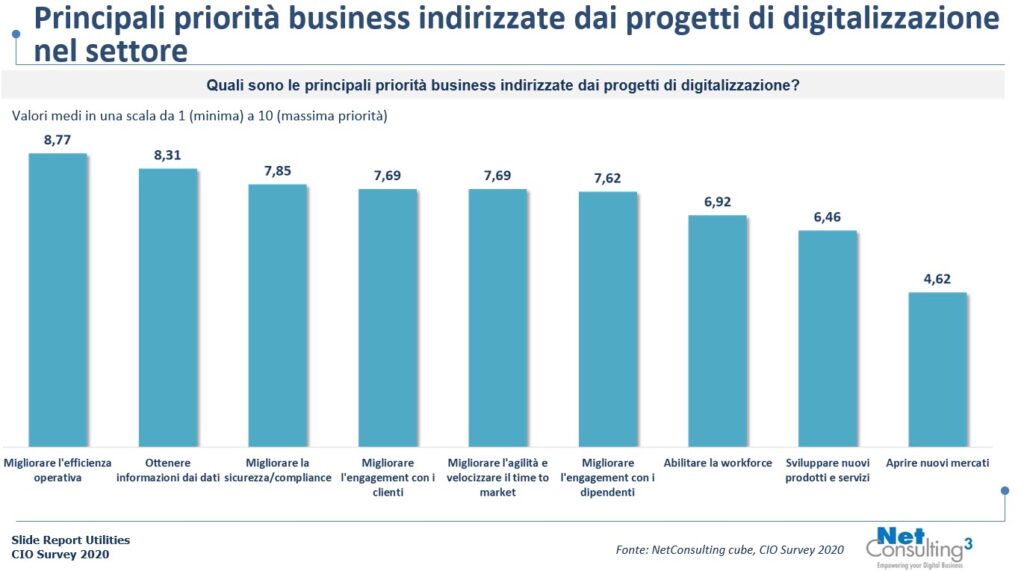
The public sector is a collection of organizations and services that provide services for the public. It is also known to be the state section. In this article we will discuss the roles and definitions of the public sectors. Finally, we'll address the issues facing leaders in change and public sector organizations. We will examine the solutions to these problems in this article.
Definition of the public sector
The variety of public sectors makes it difficult to define the public industry. The IIA has clarified this concept by making it government, publicly controlled agencies, as well as publicly-funded enterprises (PFEs), which include organizations that deliver public goods and programs. The guidance relies on specific criteria for both defining public and private sectors as well as for classifying organisations.
Private companies, on other hand, are profit-oriented. They are usually organized as partnerships or sole proprietorships. On the other hand, public sector organizations have the power and authority to make laws and enforce policies. These policies can have an impact on the economy, people, and international relations.

Functions and functions of the public sector
Public sector organizations perform a variety of functions to benefit the public. For example, public utilities provide essential services like electricity. Public transportation provides a wide range of transport options. Many social services also follow a public sector model. These include food banks as well as public housing and health care.
Public sector agencies also provide analytical functions. They allow us to compare the activities of the public sector with those of the private and third sectors. This allows us to compare state activities across space and highlight distinctive patterns and operating procedures.
Change leaders in the public-sector
Leaders in the UK will have to face many challenges as the UK's public sector undergoes significant transformation. These include meeting the citizens' needs, driving inclusive economic development, and managing any consequences of the UK leaving the European Union. Three key drivers can be identified by a careful examination of the current trends.
Financial pressures. Leaders in public services have been worried about finances and funding for a long time. While the government is trying to improve efficiency and productivity it must also safeguard resources and maintain a workforce. A recent GSCU delegation survey found that funding and finance were the top challenges facing public-sector leadership in addressing sectoral change. Other issues include recruitment and management.

Public sector organizations face challenges
There are many challenges facing public sector organizations today. Some of these are staff shortages, unmet customer demands, and employee stress and burnout. These problems can make it difficult or impossible for public sector leaders and staff to create positive working environments and retain their best employees. The low tax base of the public sector can make it challenging to deliver on promises.
Technology solutions help public sector organisations modernize their systems, while keeping the data that is locked up in legacy systems secure. Public sector organizations can now use cloud-based software such as Office365 to provide their employees with collaborative tools that were previously out of reach. These solutions can be customized to suit individual needs and are far cheaper than rebuilding old on-premises systems. These solutions also help public servants deliver more personalized, intelligent experiences for their constituents.
FAQ
What qualifications do you need to be a consultant?
It's not enough just to have an MBA degree; you must also demonstrate experience working as a business consultant. You must have at least two years' experience working in consulting and/or training within a large company.
You must have worked closely with senior management teams on strategy development projects. You will need to feel comfortable communicating ideas to clients and getting their support.
Additionally, you will need to pass a professional qualification such as the Chartered Management Institute Certified Management Consultant (CMC).
What can I anticipate from my consultant
Within a few days of selecting your consultant, you can expect to hear back. They will typically ask for information about the company, such as its mission, goals. products and services. budget. Then, they'll send over a proposal outlining the scope of work, estimated time frame, fees, deliverables, milestones, etc.
If all goes according to plan, the two sides will sign a written deal. The terms of the contract will depend on the type of relationship between the two parties (e.g., employer-employee, employer-independent contractor).
If all goes well, the consultant will start working immediately. He/she will have immediate access to your internal documents, resources, and you'll be able to access his/her skillset and knowledge.
Don't assume that someone who is a consultant knows everything. To become an expert in any field you consult, it takes practice and effort. Your consultant should not assume that they know everything about you business.
Which industries employ consultants
There are many different types. Some consultants are focused on a specific type of business, others may specialize in multiple areas.
While some consultants only work for private companies, others represent large corporations.
And some consultants work internationally, helping companies all over the world.
What type of jobs can a consultant do?
Being a consultant will require you to have a solid understanding of business strategy as well as operations. It is important to understand the workings of businesses and how they fit into society.
To be successful as a consultant, you must have strong communication skills and an ability to think critically.
Because consultants may be required to perform different tasks at different times, they must be flexible. They must be able and willing to adapt quickly to changes in direction.
They should be able to travel extensively for clients. This kind of work can take them around the world.
They also need to be capable of handling stress and pressure. Consultants may sometimes be required to meet tight deadlines.
Consultants might be required to work long hours. You might not always be paid overtime.
What is the difference in a consultant and advisor?
A consultant provides advice on a topic. A consultant is able to provide solutions.
Consultants work directly with clients to help them reach their goals. Clients are referred to advisors through books, magazines and lectures.
What skills will I need to be a consultant?
A consultant should have strong analytical skills as well as interpersonal skills. This is essential because you will be working on projects that you don't know the details of. This is a must because you need to learn how quickly you can manage people.
Communication skills are essential. Most clients expect a reply within 24 hours. If they don’t hear back, they assume that you aren’t interested. It is vital to inform them and make sure that they are fully informed.
How did modern consulting come to be?
The first consultants were accountants that helped companies manage finances. They were known as "accounting consults" because they are highly skilled in the management of financial information. This role quickly expanded to include human resource management.
The French word "to advise" is the origin of the term "consultant". It was first used by businessmen to refer to someone who could give advice about how to run an organisation. Even today, many business owners still use "consultant" when referring to professional advisors.
Statistics
- Over 62% of consultants were dissatisfied with their former jobs before starting their consulting business. (consultingsuccess.com)
- "From there, I told them my rates were going up 25%, this is the new hourly rate, and every single one of them said 'done, fine.' (nerdwallet.com)
- So, if you help your clients increase their sales by 33%, then use a word like “revolution” instead of “increase.” (consultingsuccess.com)
- WHY choose me: Why your ideal client should choose you (ex: 10 years of experience and 6-week program has helped over 20 clients boost their sales by an average of 33% in 6 months). (consultingsuccess.com)
- 67% of consultants start their consulting businesses after quitting their jobs, while 33% start while they're still at their jobs. (consultingsuccess.com)
External Links
How To
How to Find the Best Consultant
When searching for a consultant, the first thing you should do is ask yourself what your expectations are. Before you look for someone, you need to be clear about your expectations. You should make a list of all the things you need from a consultant. This could include: professional expertise and technical skills, project management capabilities, communication skills, availability, etc. After you have outlined your requirements, you might want to ask friends and colleagues for recommendations. Ask them what their experience with consultants was like and how they compare to yours. You can also do some online research if you don't know of any. You can post reviews on your previous work experiences on many websites like LinkedIn, Facebook and Angie's List. Look at the ratings and comments left by others and use this data as a starting point for finding potential candidates. Once you have narrowed down your list, reach out to potential candidates and set up an interview. You should discuss your requirements with the candidates and ask them how they can help. It doesn't matter if they were recommended to your company; all that matters is that they are able to understand your business goals and show how they can help.